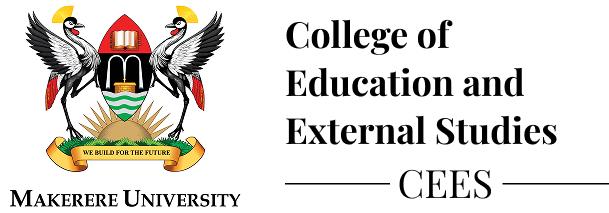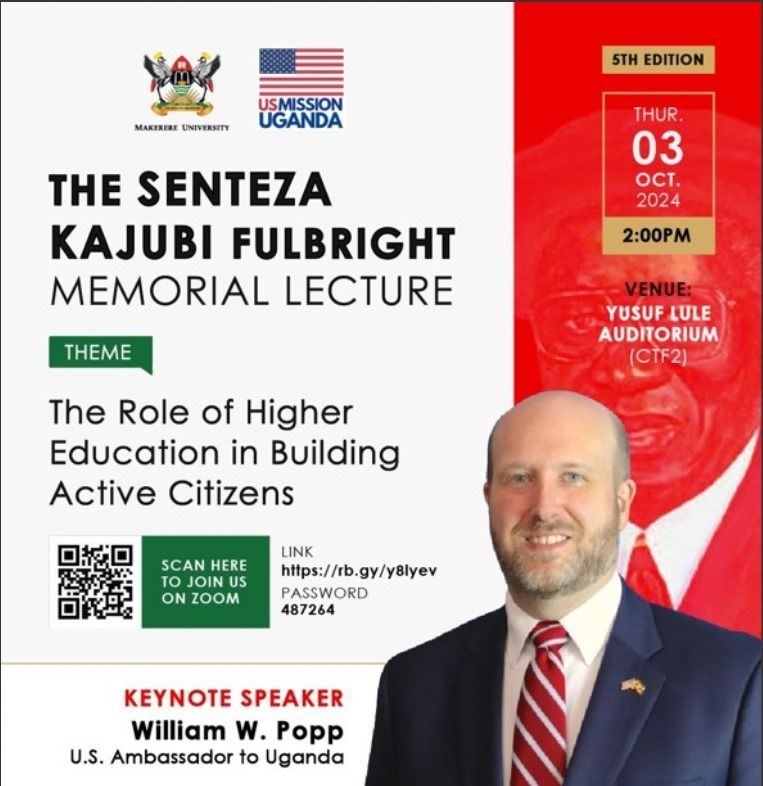- HOME
- About CEES
- Schools
- Research
- Academics
- Application Procedures
- Academic Programs
- Graduate Programs
- PhDs by Coursework (Doctor of Philosophy in Educational Management)
- PhDs by Research
- Master of Education (Early Childhood Education & Development)
- Master of Education (Educational Management))
- Master of Education in Curriculum Studies
- Master of Education (Language and Literature Education))
- Master of Education (Social Science and Humanities Education))
- Master Of Education (Science Education)
- Master Of Adult & Community Education
- Master Of Instructional Design & Technology
- Master Of Education (Educational Policy & Planning)
- Master Of Higher Education (Leadership & Management)
- Master Of Higher Education (Research & Innovation)
- Master Of Higher Education (Teaching & Learning)
- Postgraduate Diploma in Education
- Postgraduate Diploma in Medical Education
- Undergraduate Programs
- Higher Diploma
- Graduate Programs
- News & Events
- Directory









